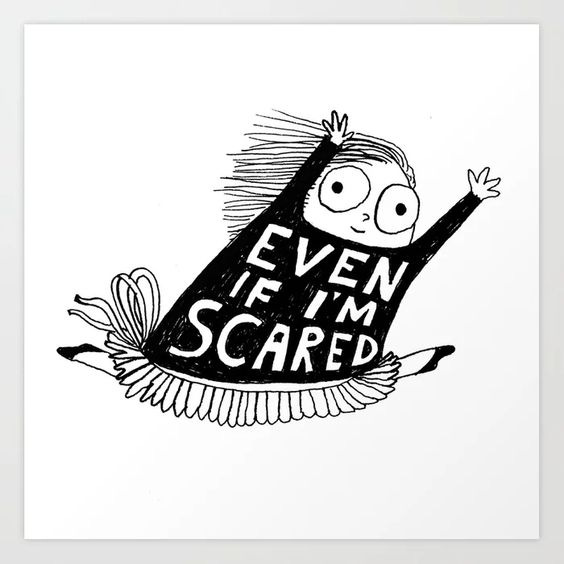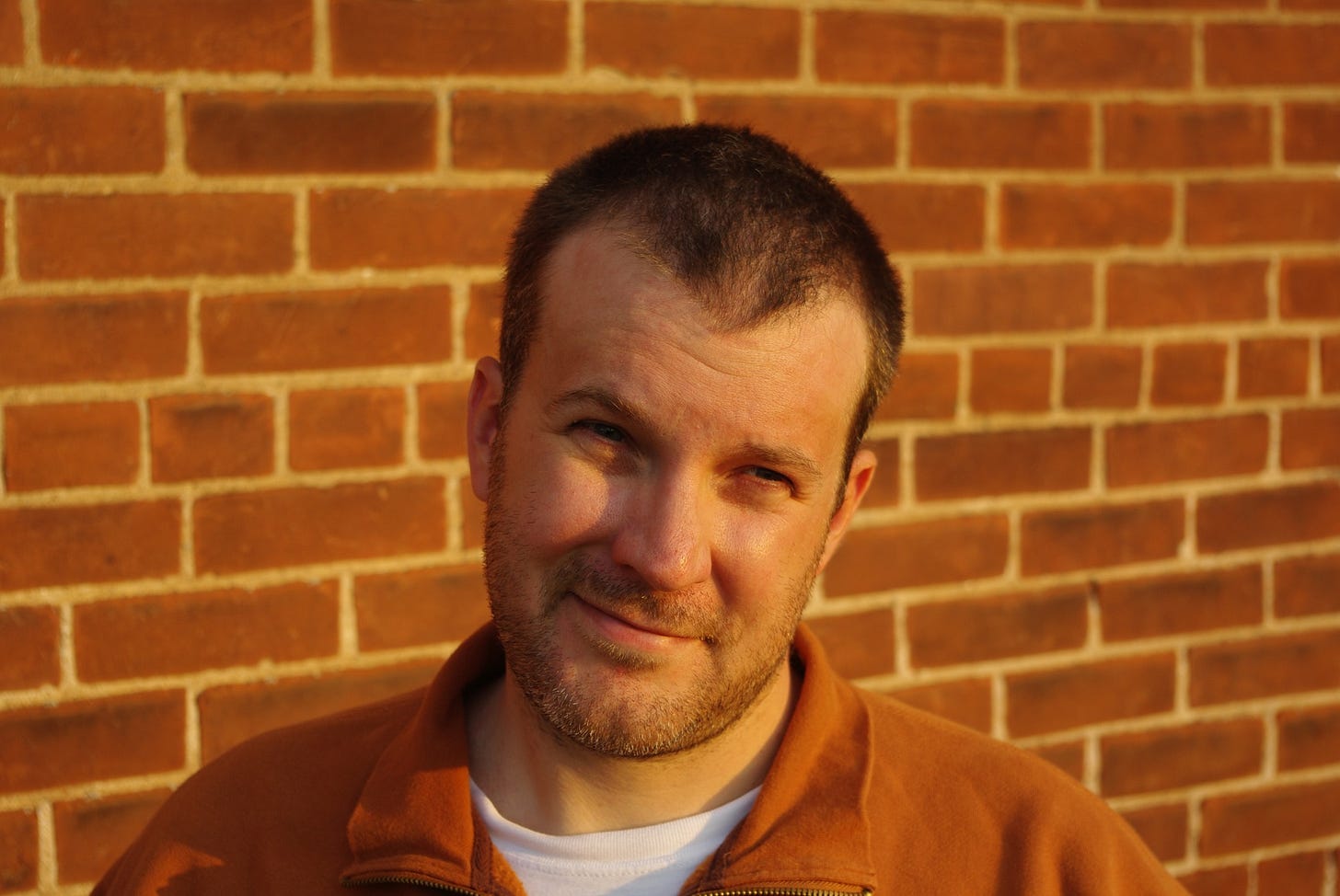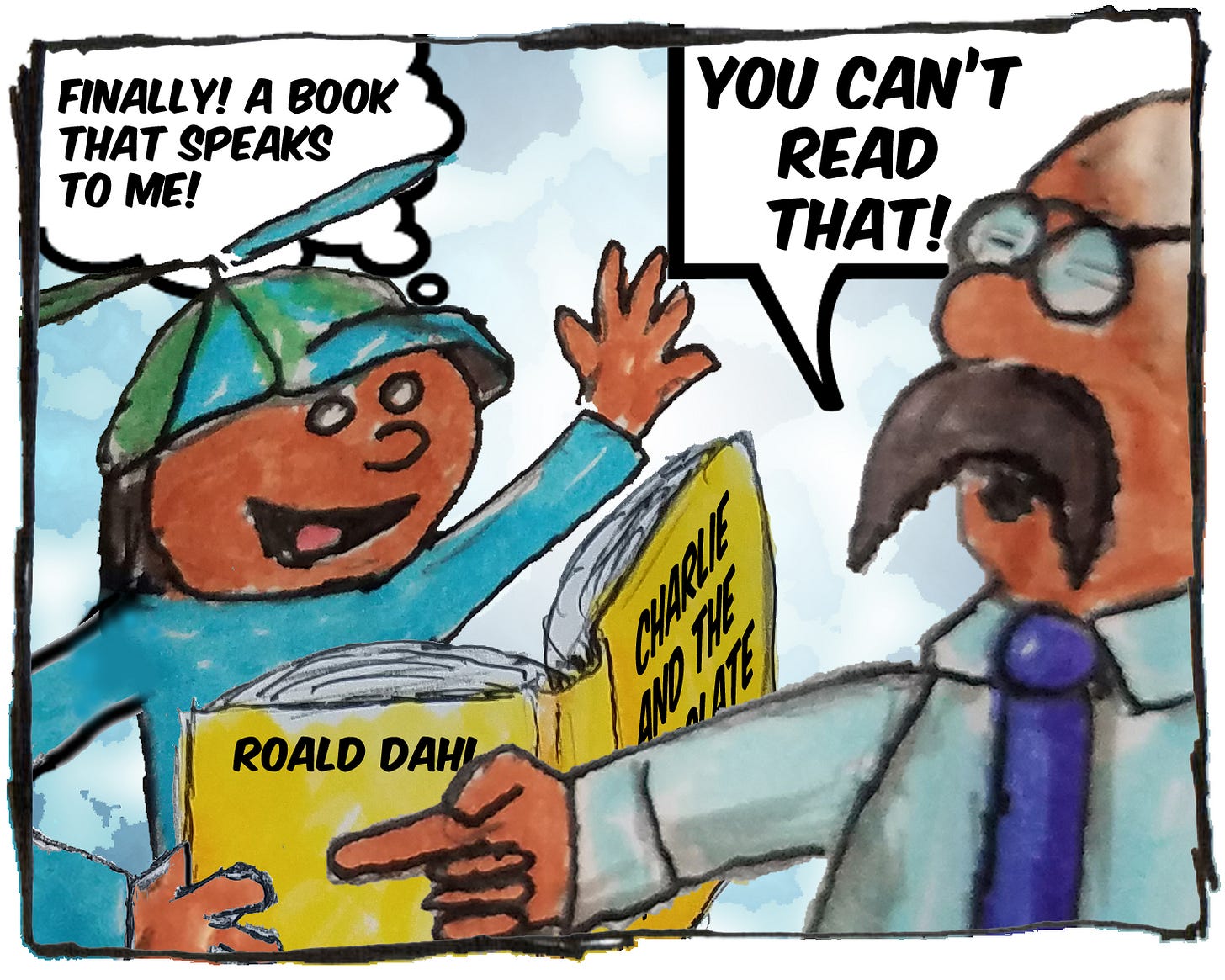Parents that Write: #7 Q&A with Walter Rhein
BREATHE: This column shows there's no 'right' way
Welcome to my weekly interview column.
When conversation turns to parent creatives - writers and artists, especially mothers - the focus often shifts to the chaos and supposed impossibility of juggling creativity with parenthood.
—> Let’s CUT THE NOISE:
Parents publish books, drop albums, get screenplays optioned, and pour their souls into poems every single day.
How do they do it? That’s what we’re here to uncover.
I’m delighted to showcase talented parent-writers and creators as they answer eight bite-size questions, plus a few more they pick from a juicy list I send their way.1.
But before we meet today’s guest, here’s a peek behind the scenes of my own creative life.
No-Fluff Notes from my Writing Life
If you've been following this column, you’ll know I took a sharp left turn from the traditional publishing path - one I've travelled before - onto the unknown terrain of self-publishing.
I chose to build my own imprint from the ground up.
My time on a remote Outer Hebridean island made it clear that this was the right move. But even with so many others doing it, the choice still felt countercurrent.
Letting go of the shiny allure of mainstream success wasn’t easy - old habits die hard - but frankly, neither of the deals on the table were worth the price of my autonomous creativity.
Today I want to share a small yet powerful practice that made writing my motherhood book not just bearable, but downright enjoyable.
If it resonates with you, great, please use it. If not, maybe it’s a gem for someone else in your circle.
One of the biggest challenges in writing a book is maintaining creative flow without letting the whole process become an all-consuming, joy-sucker of a slog. It’s serious business, yes, but does it have to feel so serious?
Whenever I put myself under pressure to ‘write a book’, I can find myself stuck, paralysed by the weight of it all - despite wanting nothing more than to put words on the page.
I needed a way to make writing my book on motherhood identity manageable, and yes, fun. Most of all, possible.
That’s when I created this tiny transformative practice.
I convinced myself I wasn’t writing a book. A book? Not me. Instead, I was writing a pamphlet.
The moment I downgraded the stakes from a book to a pamphlet, creativity flowed. Ideas I had stumbled over, fell into place. It felt like a miracle. A rebrand (in my mind) of the book as something smaller and less daunting liberated me to start to savour this creative process.
A simple change in wording unleashed the flow.
Funny thing is, I’ve noticed something about myself. When I really care about an outcome, when it matters — I downplay. I reframe things in softer language, almost as if by calling it something smaller, I can protect myself from the bigness of it.
Like, I called a pitch to a TV production company just a ‘chat.’ Not because I don’t know how much it matters, but maybe because if I pretend it’s smaller, the stakes don’t feel as high.
It’s not sugarcoating either — it’s more like trying to soften the edges of something that feels important plus enormous.
But here's my learning: I think this is always what I do when I’m standing on the edge of something big, something that could change everything. And instead of owning that in the fear, I shrink it down just enough to keep myself safe, to keep myself from feeling too exposed.
How about you? How do you soften the edges of scary actions? Have you ever tried a language switch to make something less onerous? Maybe not in writing but in other situations.
Stay tuned for more behind-the-scenes of my publishing journey in next week’s column. And now, drumrolls…
Today’s guest is who writes the
Substack - this publication is dedicated to empowering writers, particularly those with progressive perspectives. The newsletter offers tutorials and insights to help writers optimise their content, grow their audience, and succeed on various writing platforms, including Substack and Medium.
Walter serves up cultural and political commentary, using his platforms to discuss topics such as social justice, education, and the intersection of literature with contemporary issues.
Share a broad snapshot of your life. Who are you parent to and/or have caring responsibilities for?
I have two daughters, one is in middle school, one is just starting high school. When they were born, I was the part owner of a retail bicycle store. Most of my obligations could be done from home, but I went in on the weekends.
My wife has always worked outside the home, and I appreciated the opportunity to be the primary caregiver during the workday. With the cost of child care, I've always looked for opportunities that allowed me to work from home so we could avoid that expense.
These days I'm responsible for dropping the kids off and picking them up (because I don't want them to ride the bus), and taking them to soccer practice and school events. I appreciate being available for my kids. They grow up too fast, and they always seem to need me right when I need a break.
Where can we find you?
Can you share favourite praise for your writing, or words you’d love to read about your work?
One reader once told me that the first chapter of my book 'Beyond Birkie Fever' reminded her of Calvin and Hobbes. That's about the nicest thing anyone's ever said to me.
Why do you write?
I love it. I also feel compelled to keep track of things otherwise it feels like the days slip by too fast.
What does the inside of your writing mind look like?
I think it looks like a bunch of spider webs with strands stretching out into infinity. Sometimes I can sense there's a connection between two ideas, but it takes a while to figure out what that connection is.
So, I go through a process and try to follow various threads until the pattern becomes clear. When I can see it, I write it down.
How is your ability to write affected by being a parent and your ability to parent affected by your writing?
My kids give me a lot of stories. I'm very proud of them and they make my life a lot better. They've learned not to interrupt me when I'm at work.
They can tell because I have my headphones on. I listen to waves so they can watch television and make noise in the next room without breaking my chain of thought.
How often do you write with your children around or not, and what kind of writing do you get done when your child/ren are nearby?
During the weekends and summer they're in the house and that makes it a little tougher to write. When they're at school, the house is quiet and I get more done. Mainly, if they have a day off I'd prefer to do something fun with them rather than work.
What is your best writing habit and how did you discover it?
I think the answer must be consistency. 3 days a week, I write a chapter in a novel for my kids. I do this whether I'm feeling inspired or not, and I've found the quality is still good even if you sit down to write and aren't really feeling it.
What are the three most important characteristics of being a writer who is a parent?
1. Get your kids involved (read to them).
2. Don't ask them to be quiet (do the thing with the headset).
3. When you take a break to play, your work improves.
What or who is your secret writing weapon?
Probably the encouragement of my kids. They demand stories and I have to oblige!
What or who has been the most significant creative influence in your life?
Probably Medium. it's a great platform that offers writers a ton of visibility.
What are your coping tactics for being (constantly) interrupted in your thought process?
My kids are old enough now that they don't interrupt me much anymore. But even when they did, I found I could get back into the flow state once I answered their questions. You don't have to feel frustrated (that doesn't help you).
What’s your best writing time?
6AM-12PM
What motivates you to write amongst the flurry of family life?
As long as the kids know that we'll be doing something later in the day, they're patient with me. If you do an hour long activity like a hike or a family game of pickleball, they are content to let you write for a while.
You’re a writer: name 3 of your procrastination techniques.
I think sometimes we procrastinate because we want to give ourselves time to work out a story element. I go for walks. I'll scroll through the internet. I'll start to clean. But in those times, I'm still working, I'm still wrestling with the story. I'm just not typing.
How much torture/pleasure is involved in your writing life and in what form does it come?
It's all pleasure, there's no torture. Sometimes my eyes are tired at the end of the day, but that's the only discomfort.
If your writing discipline was a food, what would it be?
A hot fudge sundae with a big cherry on top (or maybe nine).
Do you use any productivity hacks like toggling, Pomodoro, Focusmate? Spill the beans.
No, I don't know what any of those are.
Which three (parent) writers make you think, “Damn, I wish I could write like this”.
When I read a writer who is very good, it always inspires me to sit down and write something. I'll pause in my reading and go crank out an article. at is one.
What unfinished writing projects do you have lying about?
I have five first drafts of novels that need to be revised and a sixth that I'm still working on.
If you could have a conversation with any writer throughout history (who was also a parent) about their writing routine and creative process, who would that person be, and why?
Roald Dahl, because there's no writer in history who had a bigger influence on me.
What is the favourite sentence you’ve ever written, and why?
We can't stop the sands of time, but we can feel them as they slip through our fingers.
Share a picture of what ‘A Room of One’s Own’ means to you, and why.
It's true that a writer needs 'A Room of One's Own.' I'm not sure that my writing space is ideal, but once I start writing I stop seeing it anyway.
What are your favourite/preferred writing conditions in terms of clothes, environment, food you eat and anything else that helps you write?
Comfortable clothing and comfortable temperature. Then I disappear.
What music do you listen to while writing?
I listen to ocean waves. Something like this:
What’s your favourite quote from a writer?
"Don't try" - - Charles Bukowski.
An Encore
“In any art you’re allowed to steal anything if you can make it better.” -- Ernest Hemingway
What procrastination tricks do you get up to? Walter cleans, scrolls online, and walks BUT he’s working on his writing, in his head. I like to search online for camper-vans, play scrabble or water my 200+ indoor plants. What can I say, I’ve green fingers 🪴
What did you take from this week’s column? Click the pink link and leave your thoughts in the comments. I treasure every one of your replies!
Today’s guest answers the WHOLE list of questions, for another like this, read this interview with film director Remy Bazerque











Pleasure to have you guest on this series Walter. Thanks for that.
Another great interview with a terrific writer!